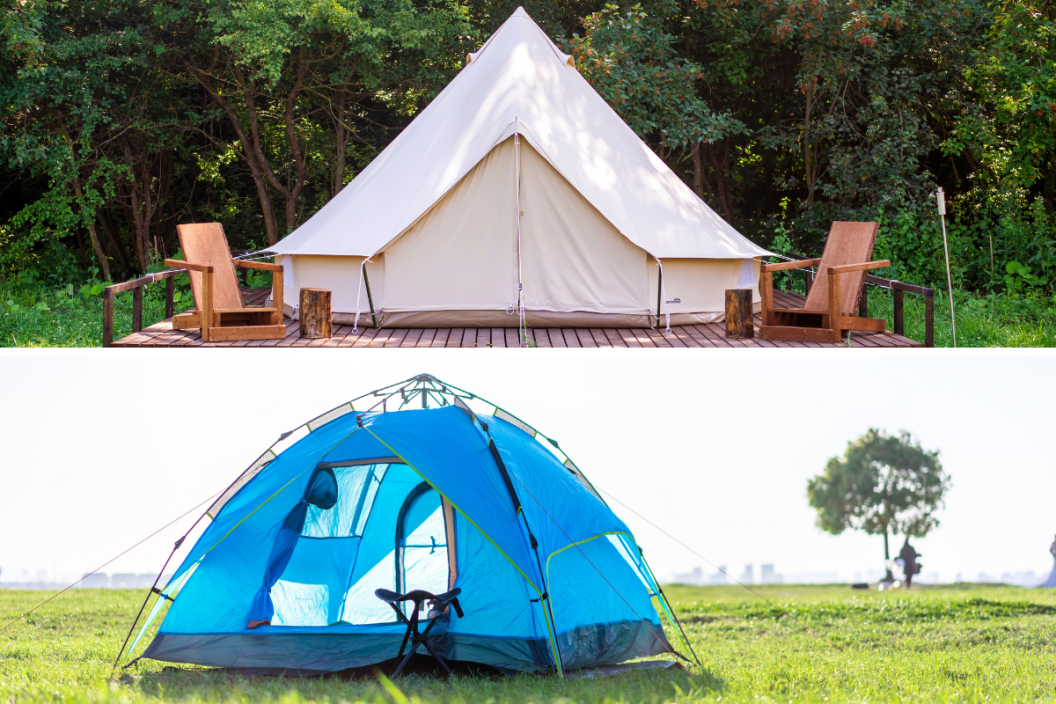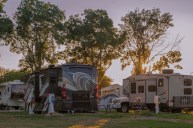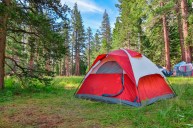Millennials and Gen Zers see eye to eye on very few things. Much like the generations that came before them, they have different opinions on clothing, hairstyles and, according to a new report, camping. RMS North America recently released its Annual State of the Industry Report, comparing the camping habits between the two generations and their use of technology. Both generations are heavy technology users, which can have a big effect on the future of the camping industry. RMS North America's study is based on information from campers ages 18 to 41.
"The younger generations of outdoor enthusiasts will significantly impact the future of camping and RVing, as well as the development and operation of these outdoor properties," said Frederic Dominioni, chief revenue officer of RMS North America. "As an industry, we've withstood many shifts in the last three years; however, we now find ourselves at an exciting turning point. It's time to mobilize a new generation of campers and RVers, learn to provide more personalized, digital-first experiences while maintaining the same 'Great Outdoors' sentiment people yearn for."
In addition to technology, the report gave insight into the most popular type of camping, the frequency of camping trips, and how both generations choose where to book. The survey shows that 85% of campers would like to have more access to technology at campgrounds. It also showed that 36% of respondents prefer glamping, a narrow margin over the 35% who like to pitch a tent, with millennials preferring tent camping and Gen Z favoring glamping. Both generations would rather book their reservations online instead of talking to campground staff.
"Overall, our research suggests a strong desire for more technology in camping, but within certain limits," Dominioni said. "For campground and RV park owners, this means walking a line between offering modern conveniences and efficiency while preserving the nature-centered experience. At RMS, this means we're tasked with equipping our industry partners with the tools they need to succeed—but in a way that takes campers' individuality into consideration."
When it came to new campers, 16% of respondents tried camping for the first time in the past three years, and all respondents planned to continue camping.




